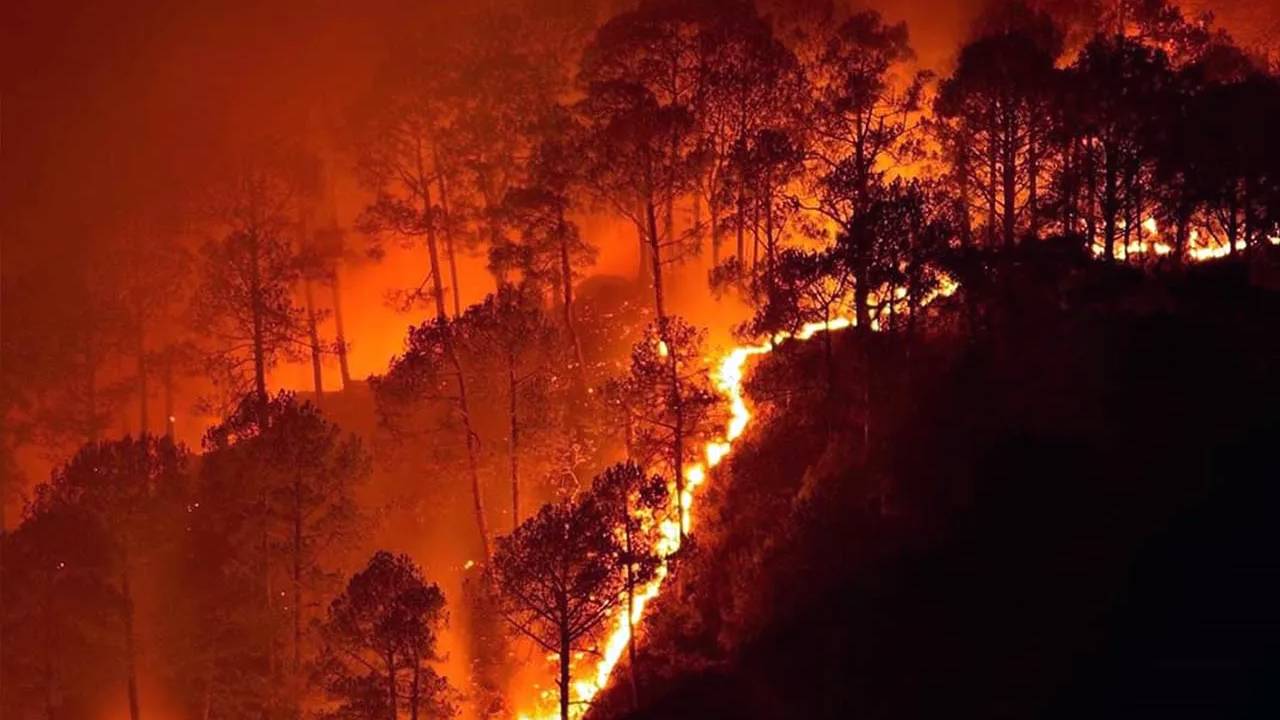India secured 8th position in the index, up two places from the last edition, in the latest Climate Change Performance Index 2023 report. Since no country was strong enough in all index categories to achieve an overall very high rating, thus the top three places remained vacant. Thereafter, India is amongst the top 5 countries. With India (8th), the United Kingdom (11th), and Germany (16th), only three G20 countries are among the high performers in CCPI 2023. This makes India as the best ranked amongst the G20 countries.
The government has recently updated Nationally Determined Contributions (NDC) submitted by India to UNFCCC under the Paris Agreement. These include targets to reduce the Emissions intensity of its GDP by 45 percent by 2030, from 2005 level; to achieve about 50 percent cumulative electric power installed capacity from non-fossil fuel-based energy resources by 2030, with the help of transfer of technology and low-cost international finance including from Green Climate Fund (GCF); and create an additional carbon sink of 2.5 to 3 billion tonnes of CO2 equivalent through additional forest and tree cover by 2030. Furthermore, India has also submitted its Long-Term Low Emission Development Strategy to the United Nations Framework Convention on Climate Change (UNFCCC), during the 27th Conference of Parties (COP27).
Government has also launched a flagship programme Perform, Achieve and Trade with an aim to reduce Specific Energy Consumption (SEC) i.e. energy use per unit of production for Designated Consumers (DCs) in energy intensive sectors.
Further, the Ujala scheme launched by the government has led to the distribution of 36.86 crore LED bulbs resulting in energy saving of 47,876 million kWh of electricity per annum, peak demand reduction of 9,585 MW and 38.77 million tonnes of CO2 emission reduction annually as of 30th June 2022.Additionally, the government has declared the trajectory for Renewable Purchase Obligation (RPO) up to the year 2030 and is promoting Electric Vehicles and creation of charging infrastructure in the country.
Eco-clubs have been formed in schools and colleges to educate students and to spread awareness on environmental issues. Activities undertaken by Eco-clubs include plantation drives, cleanliness drives, green pledges, etc. Resource Centres under EIACP (Environment Information, Awareness and Capacity Building) are also leveraged to spread awareness about environment. The Ministry also organized 3rd International Day of Clean Air for blue skies as ‘Swachh Vayu Diwas (“Swachh Vayu Neel Gagan”)’ to raise awareness and facilitate actions to improve air quality under National Clean Air Programme (NCAP). Further, a Sensitisation cum Review Workshop under National Clean Air Programme (NCAP) was also organised.

























